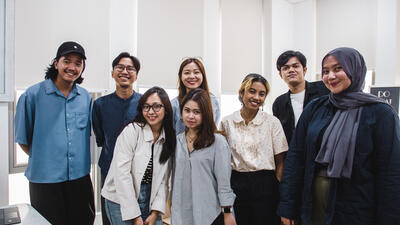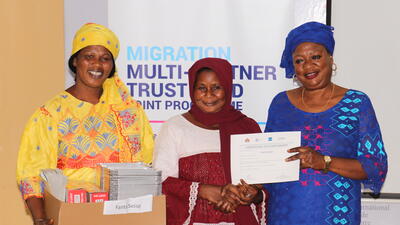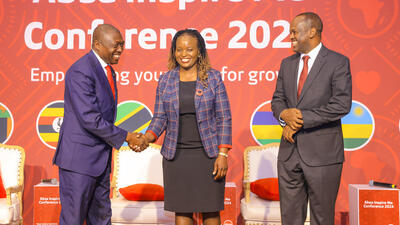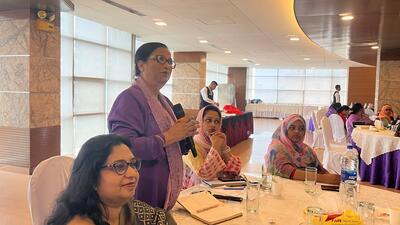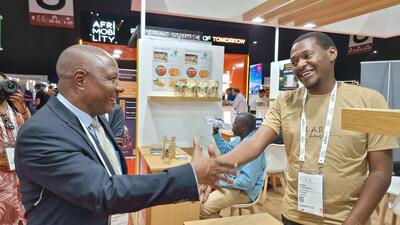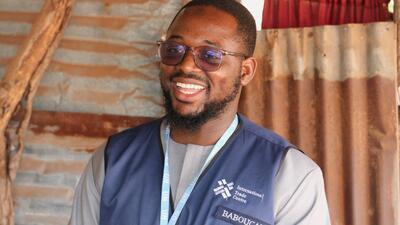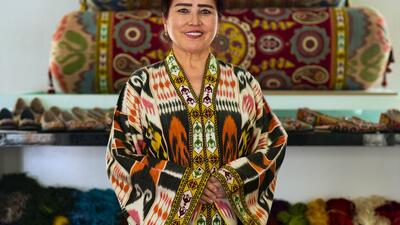News Brief
G(irls)20 summit convenes in Mexico ahead of G20
In early June, leaders of the G20 nations met in Los Cabos, Mexico, to discuss the current state and future direction of the global economy. Timed to coincide with the G20 summit, the G(irls)20 summit — set up by an international consortium of businesses and foundations including Google, Nissan and Air Canada — looked to raise the profile of women in the global economy.
Under the strapline ‘3.5 billion ways to change the world’ — a reference to the opportunities for women to be brought into the world economy — G(irls)20 brought together delegates aged 18-20, from each of the G20 nations plus the African Union, to attend the eight-day event in Mexico alongside well-known business and charity speakers.
The delegates participated in panel discussions, workshops and debates designed to move the world closer to financial buoyancy through the economic and political empowerment of girls and women.
Firms awarded for giving women board members opportunity
WomenCorporateDirectors (WCD), the 1,400-member international organization representing women board members, awarded Intel and Publicis Groupe its 2012 Visionary Awards for corporate governance. At a ceremony and dinner in New York on 1 May, Intel received the award for innovation and shared value, while Publicis Groupe was handed the accolade for leadership and governance; individual awards were presented to DuPont’s chair of the board and CEO Ellen Kullman, and Desjardins Group’s chair of the board, president and CEO Monique Leroux.
The awards are part of WCD’s second annual Global Institute, an event attended by more than 200 business leaders, focusing on leadership, diversity, education and corporate governance best practices. Alison Winter, global co-chair of WCD, said, ‘With a continued turbulent economy, there is less and less tolerance for leadership that operates in a vacuum, ignoring the value of diversity in corporate decision-making and the impact of a company on the communities in which it operates.’
Women business leaders converge on Greece
The Global Summit of Women, an annual event that describes itself as ‘the Davos for women,’ took place at the end of May in Athens. Originally begun by Globewomen as an economic forum for women leaders in the public, private and non-profit sectors, The Global Summit of Women brought delegates from more than 80 countries together to discuss the areas of economic growth and opportunity for women worldwide.
More than 1,000 people attended to hear speakers such as Elizabeth Thabethe, the South African deputy minister of trade and industry; Zhen Yan from the All-China Women's Federation; and Julia Brown, senior vice president of Kraft Foods.
Umran Beba from PepsiCo APAC, commented, ‘Seeing one thousand people from 81 countries in a room is impressive. It is even more impressive when you consider that the topic of discussion is women, women’s representation and development.’
Women’s global economic opportunities analysed and rated
In March this year, The Economist Intelligence Unit (EIU), a sister company of news and international affairs weekly The Economist, published its second Women’s Economic Opportunity Index to coincide with International Women's Day. The index rates 128 countries by access to economic opportunities for female employees and entrepreneurs, drawing on data from organizations including the United Nations, International Monetary Fund, and the World Health Organization.
With almost half of working-age women not active in the global economy, the EIU’s report emphasizes the need to expand women’s role in the economy, and opportunities to boost the global economy by helping women play a larger part in the workplace.
Using 29 indicators to measure access to finance, education, training, legal and social status, and the general business environment, the EIU’s index publishes a table showing the percentage ranking and positive or negative change in women’s opportunities for each of the 128 countries. Sweden — the only state to achieve a 90% rating — tops the table, with neighbouring Norway and Finland in second and third. The United States ranks 14th, Japan 25th, China 68th and India 98th.




